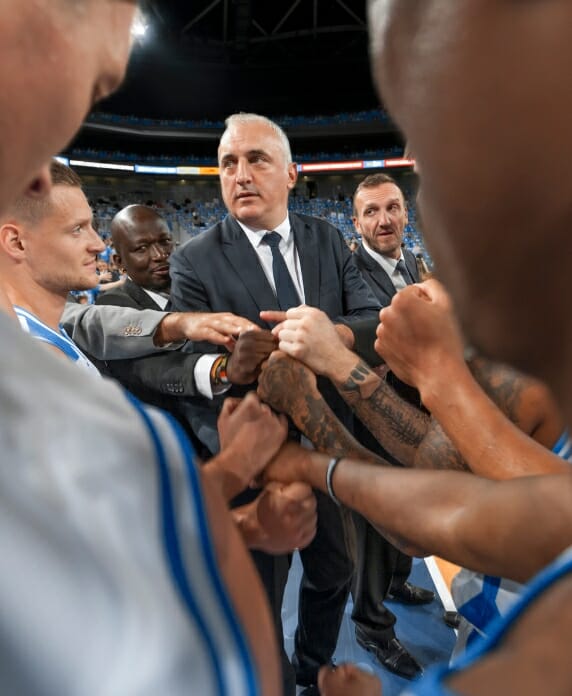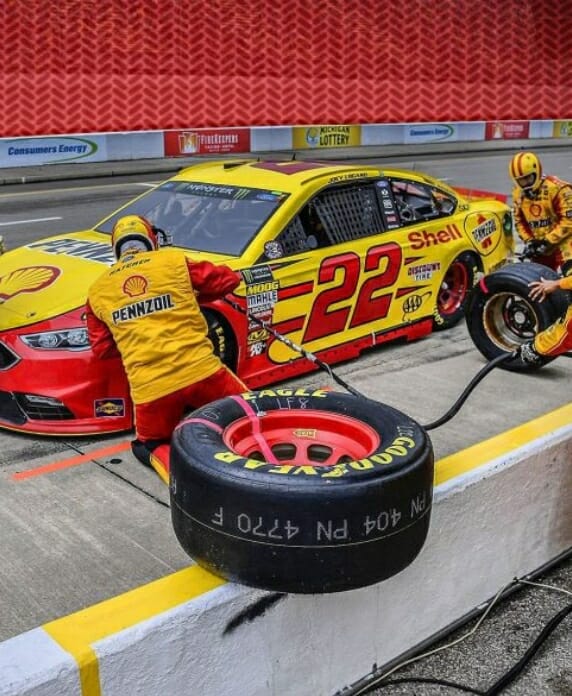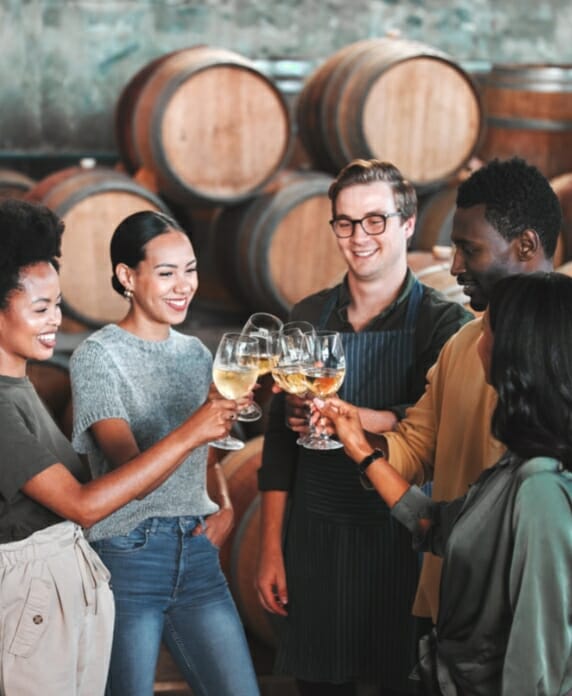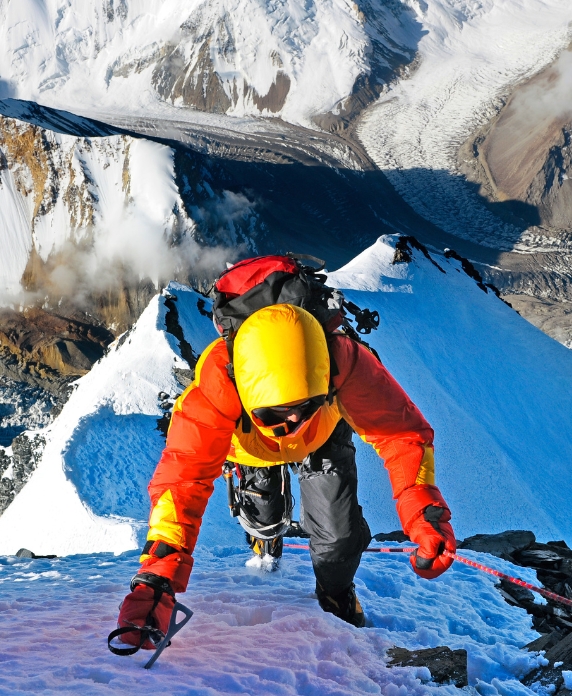Right Kind of Wrong:
The Science of Failing Well
Watch the replay →
What is Intelligent Failure?
- Takes place in new territory
Will failure teach us something entirely new? - Opportunity driven
Will failure move us toward achieving a meaningful goal? - Informed by prior knowledge
Before we experiment, do we have the available relevant knowledge? - As small as possible
Does the experiment let us learn without too much cost? - Bonus: You learned from it!
Did you mine lessons from the failure and figure how to put them to use going forward?
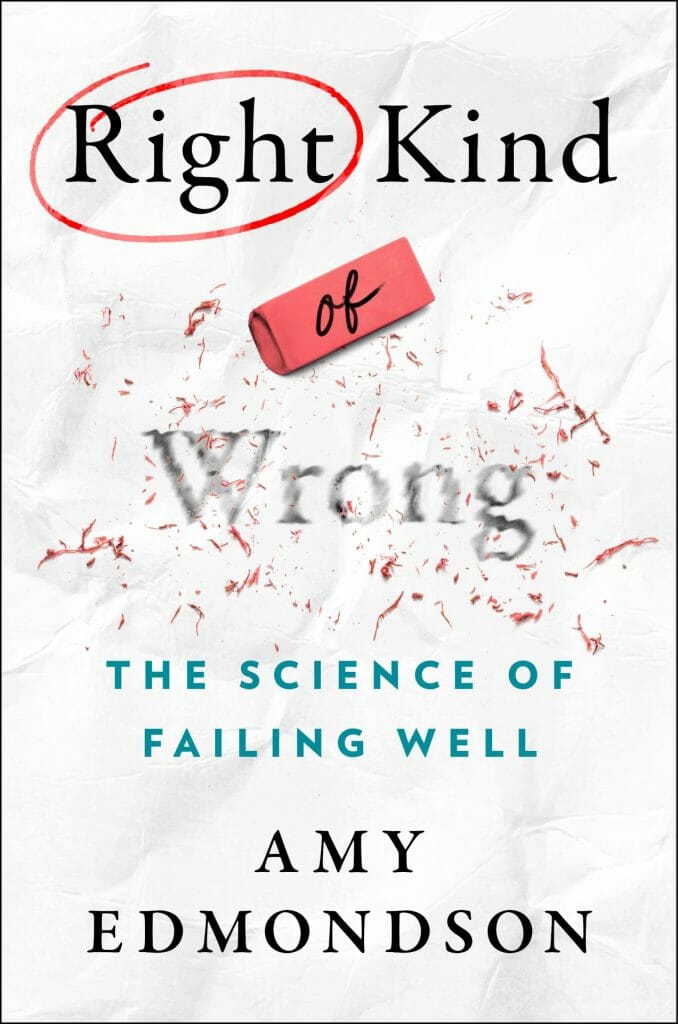
Do you want to help your team to practice the ideas you heard from Amy?
Join acclaimed experts in live, 45-min experiences where you and your team of 8-20 can have a live, interactive discussion on intelligent failure — prompted by easy-to-understand applications of ‘how’ from sport, baking, wine making, and elsewhere.
Teams Love Connecting During Experiences
slide 1
slide 2
slide 3
slide 4
slide 5
slide 6
Small Risks
Led by Olympian Summer Sanders, this experience helps teams understand the concept of identifying ‘small risks’ through the lens of sport. During the experience, you will explore examples of how coaches prepare their teams for success by exposing them to certain failures – in deliberate ways. You will use a format developed by Stanford University and Teamraderie. Your team will learn the concept of “small risks” and identify ways to impart these in how you operate.
New Territory
Led by food & beverage expert Jeremy DiAsio, this experience is a fun way to help teams understand the concept of failing in new territory through the story of Tartine Bakery (“Most innovative in America” – Bon Appetit) and the history of coffee. During the experience, you will learn to use a French press and discuss the experimentation methodology of San Francisco’s famous bakery. You will be sent an elegant kit with a YAMA French press, Coffee Manufactory coffee, and Tartine baked items. You will learn how to ensure you align ‘failure’ to new territory.
Opportunity-Driven
Led by NASCAR Pit Crew Chief Andy Papathanassiou, this experience helps teams understand the concept of permitting intelligent failure only when it’s ‘opportunity-driven’. During the experience, you will conduct two timed trial tire changes on a 29-piece toy car. You will use a NASCAR kit provided by Teamraderie. Your team will learn the concept of finding bottlenecks to performance – and investing (permitting failure) primarily where there’s meaningful opportunity to improve.
Prior Knowledge
Led by wine historian Sheri Bowen, this experience helps teams understand the concept of embedding prior knowledge. Winemaking is complex and has many variables; new winemaking techniques take years to prove out and are costly. During the experience, you will taste one of the world’s most famous wines while learning (and actively discussing) the story of Chateau Montelena and the 1976 Judgment of Paris. You will receive an elegant wine kit (shipped to your home or office) with a famous wine. You will learn the art of learning only what’s ‘new’.
Adequate Preparation
Led by Ali Levine (captain of the first American Women’s Everest Expedition), this experience helps teams understand the steps to learn from all available knowledge before taking risks. During the experience, you will learn how mountaineers prepare by learning from each other through live stories shared by Ms. Levine. You will use a format developed by Stanford University and Teamraderie. Your team will learn the concept of “adequate preparation” and apply it to how you get ready for new investments.
Key Takeaways from the Exclusive Teamraderie Round Table with Amy Edmondson and Josh Bersin
Amy Edmondson and Josh Bersin shared insights into failure — and what intelligent failure really means.
- A company’s real asset is its learning capacity. Performing capacity accounts for yesterday’s success, but learning capacity accounts for tomorrow’s success.
- Learn as best you can vicariously through other failures within the company so you don’t create waste and fail the same way twice.
- A complex failure has multiple contributing factors; any of them on their own would not cause failure, but together make the perfect storm. Make sure learning takes priority over placing blame.
- Be clear with yourself and others around you about the level of uncertainty in the project and respond productively to successes and failures alike.
- Context matters. An idea could be a great success in one setting, but fall short in another based on a lack of resources or knowledge.
- Personal failure is not an indication that you did a bad job. Stop unhelpful thinking to take an analytical view, challenge your thinking to look at what you learned, and choose a better path — learning, not wallowing.
- Safely test and experiment in a protected environment. This eliminates impact should it fail, but makes it easy to replicate success.
- Even unintelligent failures are learning opportunities. You can’t wish failure away and must confront it head-on to succeed.

